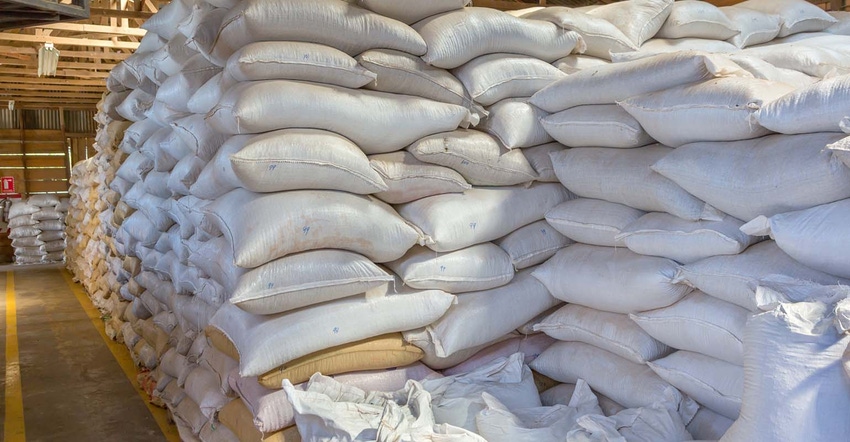April 11, 2017

The International Standard for Phytosanitary Measures (ISPM) for Seed was agreed to Sunday during the International Plant Protection Convention (IPPC) in Korea.
The American Seed Trade Association has been advocating for a seed ISPM for nearly 20 years. The need for a standard has become more apparent, as many National Plant Protection Offices (NPPOs) have been publishing new, usually more restrictive, non-science based, phytosanitary import requirements for seeds.
“The seed industry is truly global,” said ASTA President & CEO Andrew LaVigne. “While seed companies strive to comply with various international phytosanitary requirements, it becomes burdensome and confusing when different countries have different requirements for the same pest. The international seed standard will bolster U.S. trade by helping to ensure global phytosanitary requirements, with respect to seed, are more consistent and science-based.”
The ISPM for Seed provides guidance to NPPOs on the criteria for harmonizing import requirements and export/re-export procedures, taking into account the unique needs of commercial seed as well as a seed used for research, breeding and multiplication.
“Adoption of the international seed standard is a major step forward for the global seed industry,” said LaVigne. “We look forward to working with our national seed industry counterparts to define mutual priorities and to ensure the wide adoption of the standard at the international level.”
View the ISPM for seed here.
Source: American Seed Trade Association
You May Also Like




